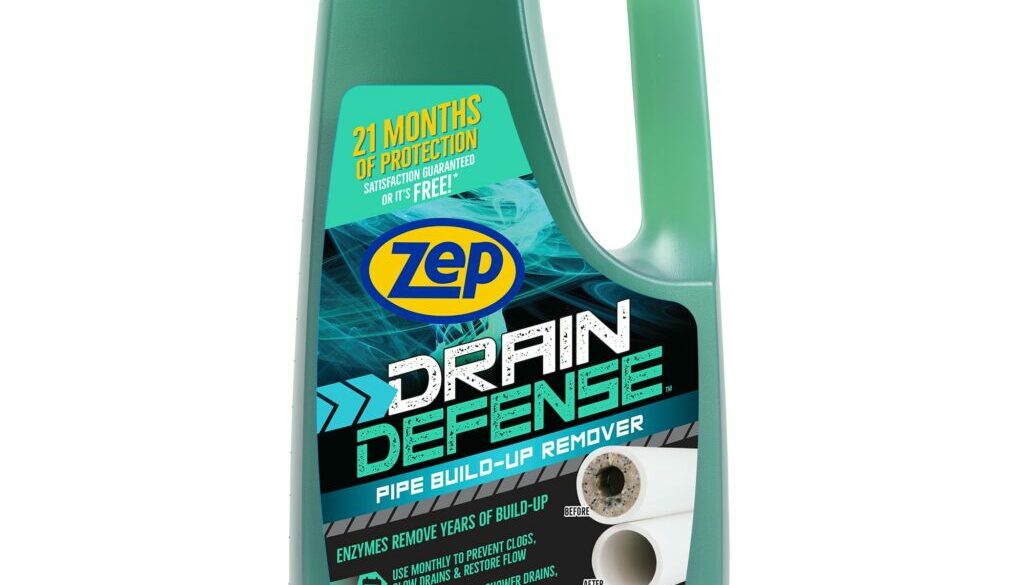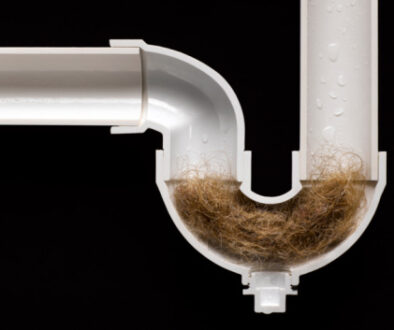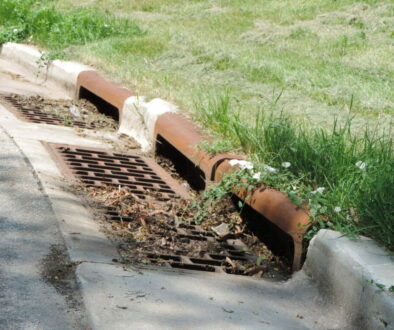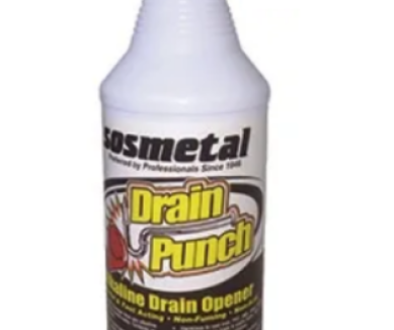What Drain Cleaner Is Safe For Plastic Pipes
Do you ever find yourself wondering, “What drain cleaner is safe for plastic pipes?” Well, you’re in luck! In this article, we’re going to dive into this common plumbing dilemma and provide you with some helpful insights.
Now, let’s face it—dealing with clogged drains is nobody’s idea of a good time. But it’s important to choose the right drain cleaner to avoid any damage or potential hazards, especially when you have plastic pipes.
So, if you’re looking for a solution that won’t harm your pipes, stick around! We’ve got the lowdown on the best drain cleaners that are safe for your plastic plumbing.
Looking for a drain cleaner that won’t damage your plastic pipes? Follow these steps to find a safe option:
- Read the label: Look for drain cleaners that are specifically labeled as safe for plastic pipes.
- Avoid harsh chemicals: Opt for cleaners that use enzymatic or natural ingredients instead of caustic chemicals.
- Test it out: Before using the cleaner on a large scale, try it on a small section of your plastic pipe to ensure compatibility.
- Follow instructions: Always follow the manufacturer’s instructions for best results and to protect your pipes.
- Regular maintenance: To prevent clogs, consider using drain maintenance products regularly.
By following these steps, you can keep your plastic pipes safe while also effectively clearing any clogs.
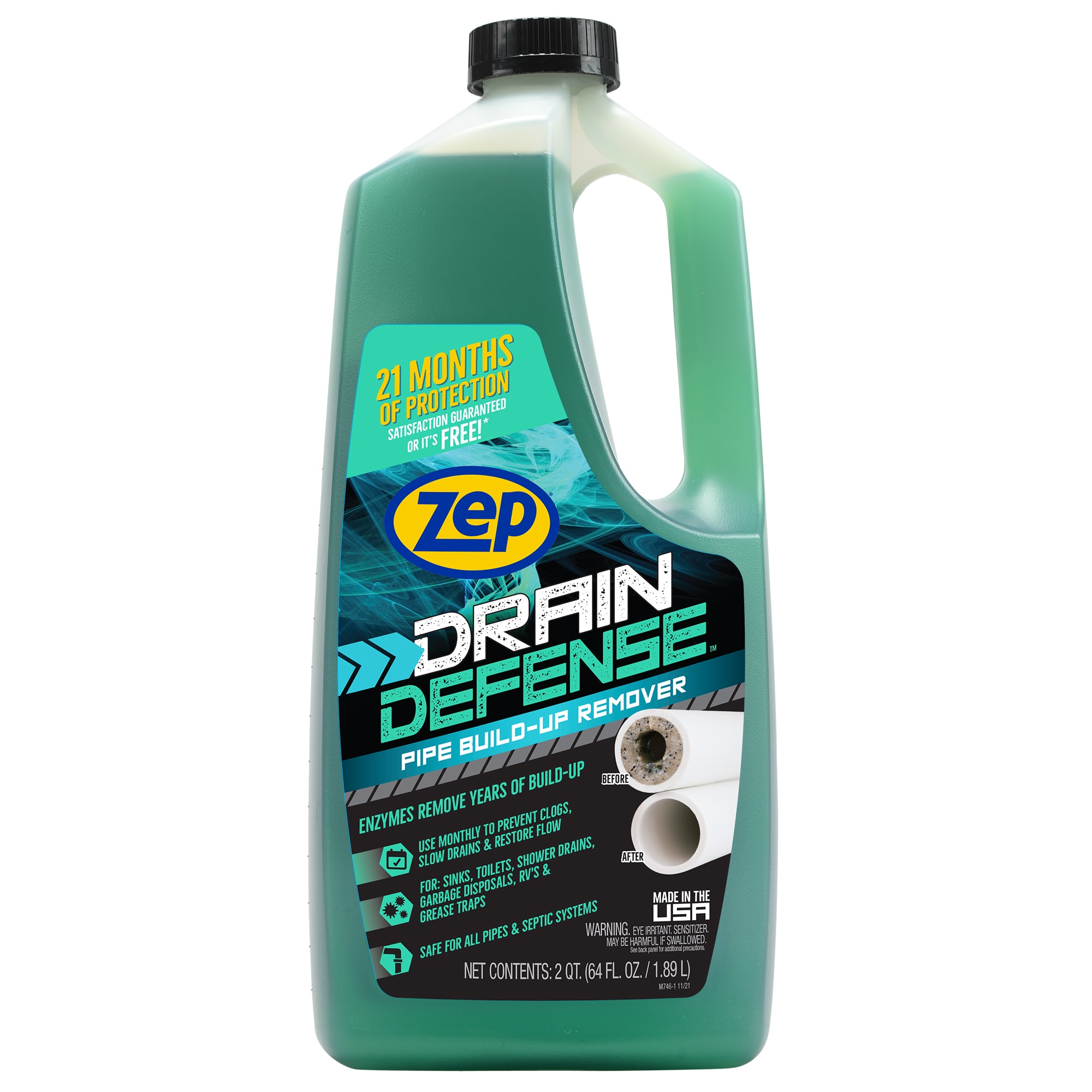
What Drain Cleaner is Safe for Plastic Pipes?
Welcome to our in-depth guide on finding the right drain cleaner for plastic pipes. If you have plastic pipes in your plumbing system, it’s important to use a drain cleaner that won’t cause damage or deterioration. In this article, we’ll explore the best options for safely clearing clogs and maintaining the integrity of your plastic pipes.
Understanding Plastic Pipes: An Overview
Before we dive into the specifics of drain cleaners, let’s take a moment to understand plastic pipes and their characteristics. Plastic pipes, such as PVC (polyvinyl chloride) and CPVC (chlorinated polyvinyl chloride), are widely used in residential plumbing systems due to their cost-effectiveness and durability.
Plastic pipes offer several advantages, including resistance to corrosion and chemical reactions, flexibility, and ease of installation. However, they are also prone to damage when exposed to certain chemicals, including some drain cleaners. It’s important to select a drain cleaner that is safe for use with plastic pipes to avoid potentially costly repairs or replacements.
Now that we have a basic understanding of plastic pipes, let’s explore the different types of drain cleaners available and their compatibility with these pipes.
1. Enzyme-Based Drain Cleaners
Enzyme-based drain cleaners are a safe and effective option for cleaning clogs in plastic pipes. These cleaners use natural enzymes to break down organic materials, such as grease, hair, and soap scum, that can cause blockages. Unlike chemical drain cleaners, enzyme-based cleaners do not contain harsh acids or caustic substances that can damage plastic pipes.
To use an enzyme-based drain cleaner, simply pour it down the drain and let it sit for the recommended amount of time. The enzymes will work to break down the clog, allowing it to be flushed away with water. Enzyme-based cleaners are also environmentally friendly, as they do not release harmful chemicals into the water supply.
Keep in mind that enzyme-based drain cleaners may not be as effective on inorganic clogs, such as mineral deposits or plastic objects. In such cases, a different type of drain cleaner may be more suitable.
2. Baking Soda and Vinegar
If you prefer a DIY approach, you can use a combination of baking soda and vinegar to clear clogs in your plastic pipes. Baking soda acts as a mild abrasive, while vinegar creates a foaming action that helps dislodge the clog. This method is safe for plastic pipes and does not involve any harsh chemicals.
To use baking soda and vinegar as a drain cleaner, begin by pouring boiling water down the drain to loosen and soften the clog. Next, pour half a cup of baking soda down the drain, followed by half a cup of vinegar. The mixture will start to foam – allow it to sit for a few minutes before flushing it away with hot water. Repeat the process if necessary.
While baking soda and vinegar can be effective for mild clogs, they may not be as effective for more stubborn or severe blockages. In such cases, a commercial drain cleaner specifically formulated for plastic pipes may be needed.
3. Commercial Drain Cleaners for Plastic Pipes
When choosing a commercial drain cleaner for plastic pipes, it’s important to select one that is specifically labeled as safe for use with plastic plumbing. These drain cleaners are formulated to be non-corrosive and non-damaging to plastic pipes while still effectively clearing clogs.
Look for drain cleaners that are labeled as “safe for use with plastic pipes” or that specifically mention compatibility with PVC or CPVC pipes. It’s also a good idea to read the product reviews and ratings from other customers to ensure the cleaner is effective and reliable.
When using a commercial drain cleaner, always follow the instructions on the packaging and take proper safety precautions, such as wearing gloves and eye protection. Avoid using excessive amounts of cleaner, as this can lead to chemical buildup or damage to the pipes.
4. Prevention and Maintenance Tips
While it’s important to know what drain cleaner is safe for plastic pipes, it’s equally important to take preventive measures and maintain your plumbing system to minimize the need for frequent cleaning.
One of the best ways to prevent clogs in plastic pipes is to minimize the amount of grease, oil, and food scraps that go down the drain. Use drain catchers or strainers to trap hair and debris before they can accumulate and cause blockages. Regularly clean these catchers to keep them functioning effectively. Additionally, avoid flushing or pouring substances that are known to cause clogs, such as wet wipes, cotton balls, and coffee grounds.
Regular maintenance, such as flushing drains with hot water or using enzymatic cleaners on a monthly basis, can also help prevent clogs and maintain the health of your plastic pipes. Pay attention to any signs of slow drainage or unusual odors, as these may indicate early clogs that can be addressed before they become more severe.
Conclusion:
When it comes to choosing a drain cleaner for plastic pipes, it’s crucial to prioritize compatibility and safety. Enzyme-based drain cleaners, baking soda and vinegar, and commercial drain cleaners specifically labeled as safe for plastic pipes are all viable options. Each method has its own advantages, so consider the severity of the clog and your personal preferences when making a decision.
Remember, prevention is key when it comes to maintaining the health of your plastic pipes. By minimizing the amount of debris and potential clog-causing substances that enter your drains and implementing regular maintenance practices, you can extend the lifespan of your plumbing system and avoid costly repairs.
With the information provided in this article, you can confidently choose a drain cleaner that is safe for your plastic pipes and effectively clears clogs, keeping your plumbing system in optimum condition.
Key Takeaways: What Drain Cleaner is Safe for Plastic Pipes?
- 1. Look for drain cleaners specifically labeled as safe for use with plastic pipes.
- 2. Avoid drain cleaners that contain harsh chemicals like sulfuric acid or hydrochloric acid.
- 3. Opt for natural alternatives like vinegar, baking soda, and hot water to clean plastic pipes.
- 4. Regularly maintain and prevent clogs by using a plunger or drain snake instead of harsh chemicals.
- 5. When in doubt, consult a professional plumber for advice on safe drain cleaning options for plastic pipes.
Frequently Asked Questions
When it comes to keeping our pipes clear, it’s important to use the right drain cleaner to avoid damaging our plastic pipes. Here are some commonly asked questions about finding a safe drain cleaner for plastic pipes.
1. Can I use any drain cleaner on plastic pipes?
No, not all drain cleaners are safe for plastic pipes. Some drain cleaners contain harsh chemicals that can corrode or melt plastic pipes. It’s essential to choose a drain cleaner specifically formulated for use on plastic pipes.
Look for drain cleaners that are labeled as safe for use on plastic pipes. These cleaners are usually non-corrosive and are designed to break down clogs without causing any harm to the plastic pipes.
2. What are some safe drain cleaning alternatives for plastic pipes?
If you prefer to avoid using chemical drain cleaners on your plastic pipes, there are some safe alternatives to consider. One option is to use a combination of baking soda and vinegar. Mix equal parts of baking soda and vinegar and pour it down the drain. Let it sit for about 30 minutes, then flush it with hot water.
Another safe alternative is using a drain snake or a plunger to manually remove the clog. These methods are effective and won’t cause any damage to your plastic pipes. However, remember to use caution and follow the instructions carefully to avoid any accidents or further clogging.
3. Are enzymatic drain cleaners safe for plastic pipes?
Yes, enzymatic drain cleaners can be safe for plastic pipes. Enzymatic drain cleaners contain living bacteria and enzymes that break down organic materials causing the clog. These cleaners are typically safe for both metal and plastic pipes as they do not contain harsh chemicals that can cause damage.
However, it’s always best to check the label to ensure the specific brand is safe for plastic pipes. Follow the instructions carefully when using enzymatic drain cleaners and avoid using excessive amounts, as this can lead to clogs or other issues.
4. Can I mix different types of drain cleaners for plastic pipes?
No, it is not recommended to mix different types of drain cleaners for plastic pipes. Mixing different chemicals can create a dangerous reaction and potentially damage your pipes. Stick to using one type of drain cleaner at a time and follow the instructions provided on the product label.
If one type of drain cleaner does not solve the clogging issue, try using a different method such as a plunger or a drain snake before considering another type of drain cleaner. It’s important to prioritize the safety and integrity of your plastic pipes.
5. How often should I use a drain cleaner for my plastic pipes?
It is best to use a drain cleaner for your plastic pipes only when necessary. Overuse of drain cleaners, even those labeled as safe for plastic pipes, can still have negative effects in the long run. The harsh chemicals in drain cleaners can gradually weaken the integrity of plastic pipes, leading to leaks or cracks over time.
Instead, practice preventative measures to keep your drains clear. Regularly clean debris from sink and shower drains, use drain covers to catch hair and larger particles, and flush your drains with hot water to help prevent clogs. If a clog does occur, try using non-chemical methods first before resorting to a drain cleaner.
Best Drain Cleaner For PVC Pipes – Safely & Quickly Unclog The Drain – Easy Cleaning Hacks
Summary
So, here’s what you need to know about drain cleaners and plastic pipes. First, it’s important to use a drain cleaner that is specifically labeled as safe for plastic pipes. Regular drain cleaners can be too harsh and damage the pipes. Second, you should always follow the instructions on the label carefully to ensure safe and effective use. And remember, if you’re not sure, it’s always best to consult a professional plumber to avoid any risks or damage to your pipes. Just play it safe, and your plastic pipes will thank you!

